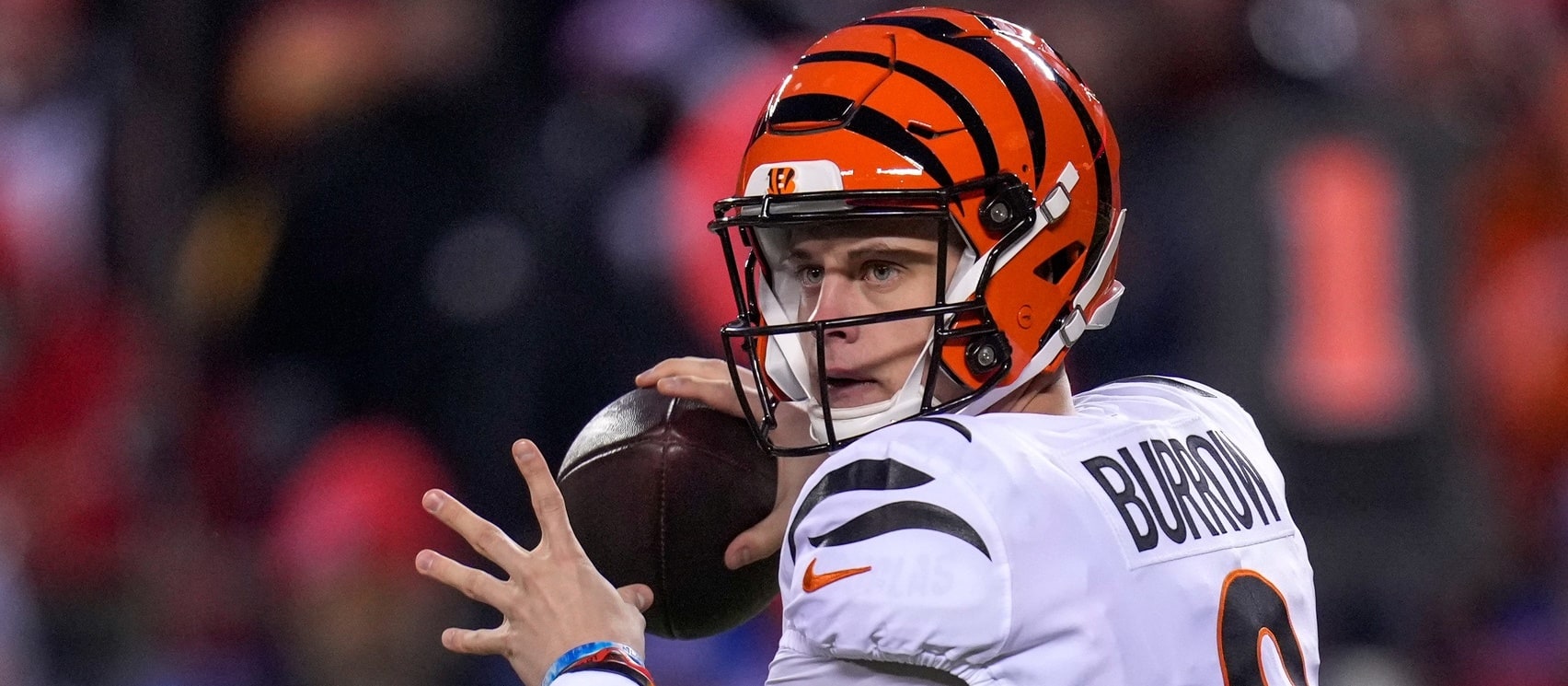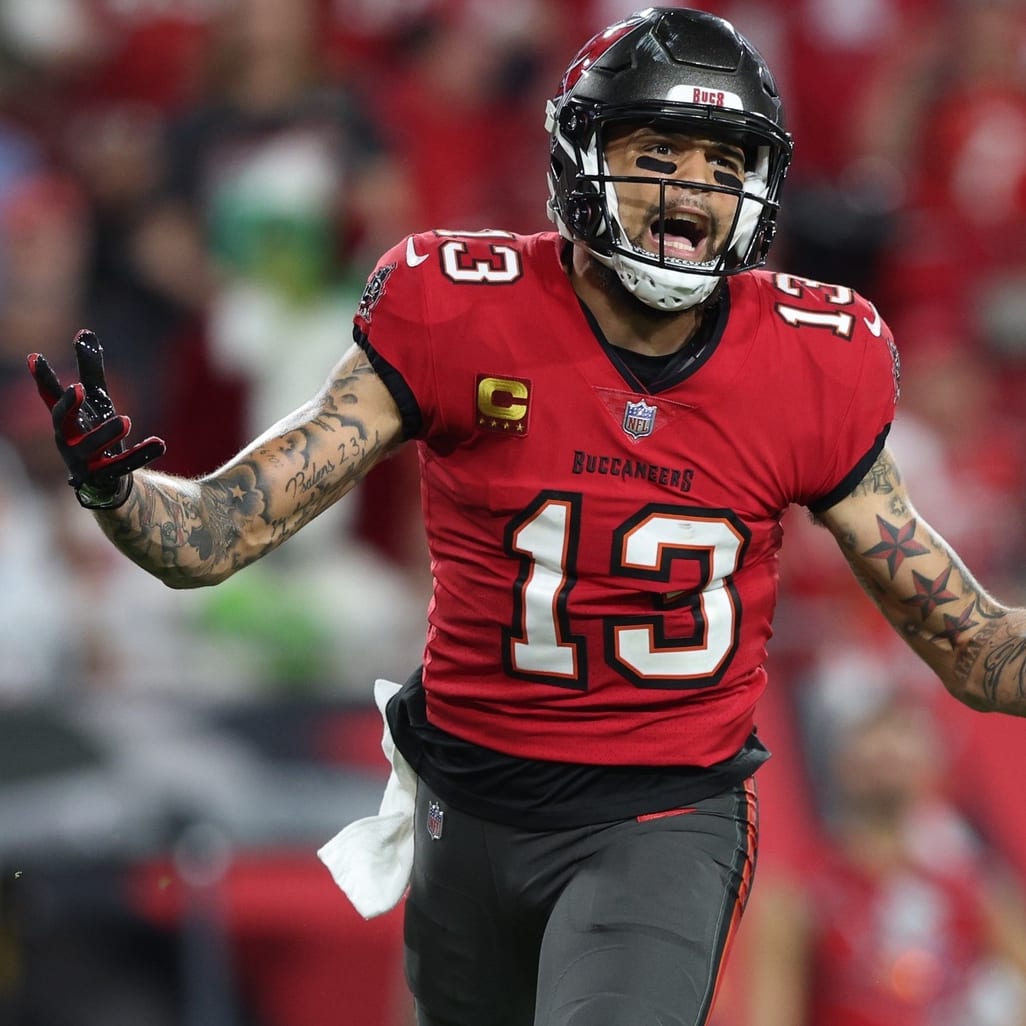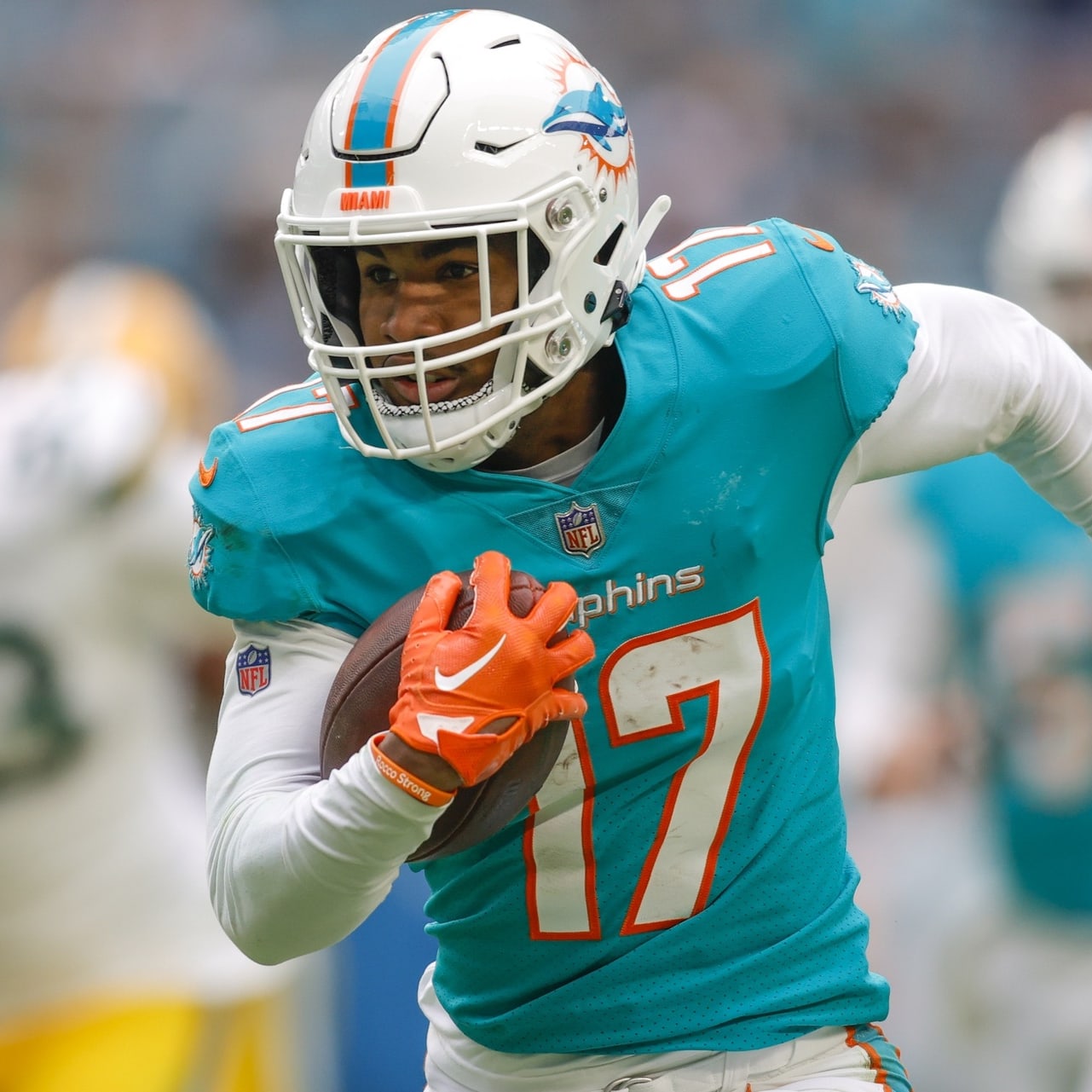This article is part of our Fresh Off The RotoWire series.
There are a wide variety of strategies a GM can employ when assembling a fantasy roster, but less attention is paid to the tactical advantage that can be gained by careful management of your players' bye weeks. Sasha Yodashkin provided a solid overview of each team's bye weeks earlier in the preseason, and which positions might be caught short in any given week, but this piece will focus less on specific players -- with the exception of the ever-important QB spot -- and more on how to factor bye weeks into your thinking at the draft table.
Is it even worth factoring them in? An argument can be made that you should never draft an inferior player over a better one simply because his bye week doesn't "fit" your roster, but definitions of what makes a player "better" get very fuzzy, especially later in the draft. Using bye weeks as a tiebreaker between similar sleepers is definitely a tool you should have in your arsenal, but the bigger question is how you should fit together your bye-week puzzle.
Here are some different approaches you can take.
Fantasy Football Bye Week Strategy
One Bad Week vs. Spreading the Risk
In general, there are two optimal approaches to bye weeks. First, you can pile as many byes as you can into a single week and just rip off the band-aid all at once, resigning yourself to an almost certain loss that week in exchange for having your roster at (nearly) full strength the rest of the season. The opposite strategy involves making sure you have staggered bye weeks among your position groups, and no more than one RB or WR (or even IDP, if you play in that format) on bye at the same time. While this leaves you at less than full strength multiple weeks, it also means you're not punting a week –- a potentially critical decision if one win proves to be be the difference between the playoffs and an early vacation in your league. Plus, a strong top-to-bottom roster can weather any individual absence.
Which strategy is better? In some respects, it depends on your format. Best-ball leagues favor strong stacks, and stacking causes you to have multiple players on bye at the same time, so you might as well lean into it. That can also lead you to some offbeat stacking opportunities. If you assemble a Bengals stack around Ja'Marr Chase, Joe Burrow and Tee Higgins, for instance, you might want to supplement their Week 7 bye with a grouping from a lesser offense that, on paper, has a favorable matchup that weekend. For instance, the Buccaneers host a Falcons defense of questionable quality in Week 7, and nobody is really chasing that Mike Evans-Baker Mayfield-Cade Otton stack. If they happen to go off against Atlanta, you've got a fighting chance that week even without your Cincy rock stars.
In traditional fantasy leagues, however, I prefer spreading out my byes. If you have two starting running back slots, drafting three reasonably strong RBs with different byes ensures (so long as everyone stays healthy, of course) you can fill those spots every week with little to no dropoff, and if you have a Flex spot, the third guy can always go there when they're all available. It seems like a simple thing to keep track of, but too many fantasy GMs just grab from the top of the pile and don't think any more about it. If you already locked up Austin Ekeler (Week 5 bye) in the first round, why take Kenneth Walker (Wk 5) as your RB2 over Alexander Mattison (Wk 13) if the two are in the same tier on your cheat sheet?
Early vs Late
The other consideration is whether an early bye is better than a late one. A win is a win, so you can certainly argue that this matters even less than clumping byes together versus spreading them out, but there can be strategic advantages to when your byes fall.
In guillotine leagues, for instance, early byes can be death as you don't yet have the depth to paper over those holes. Grabbing as many later byes as possible means as other teams get the axe, you can stockpile stars to handle those absences deeper in the season. Ekeler, Nick Chubb, Najee Harris and Aaron Jones all have their byes in Weeks 5 and 6; taking Bijan Robinson (Wk 11) as your RB1 instead means you'll get plenty of chances to add reinforcements before you have to worry about covering for him, while the team that drafted Ekeler finds themselves on the chopping block while the Chargers are on bye.
In leagues with the usual FAB or waiver setups, later byes also offer the advantage of potentially never having to deal with them at all. A player with a Week 11 bye might end up being replaced in Week 8 by a player who's already had their bye. This is an especially sneaky thing to keep in mind when making trades, if you can get away with it. Trading a guy with a Week 11 bye for one who's already sat out effectively means you get 18 games worth of production out of that roster spot instead of 17.
On the other hand, earlier byes encourage churn and can result in a stronger roster for the stretch run. That prized sleeper you are positive will break out if you just give them one more game becomes easier to let go of when their bye comes around. The longer you wait, the more picked over the free-agent pool becomes, and roster stagnation can be lethal if it leaves you with bench players who aren't useful when you need them.
This is a particularly useful approach in IDP formats – taking a linebacker with a Week 5 bye means you'll have a month's worth of games to judge who the breakout studs might be at the position (looking at you, Damone Clark), and you can simply grab the one you like best and drop your original starter when Week 5 rolls around rather than worrying about finding room on your bench to stash them.
QB Coverage
Bye weeks are most important when it comes time to drafting your backup quarterback. I'll focus on 1QB leagues here, but it's just as critical in 2QB or Superflex to find a third signal-caller who has at least one good matchup when he gets pushed into your active lineup, rather than getting stuck with someone facing, say, the 49ers and Eagles.
While some may argue that you want the best possible QB as your backup regardless of bye in case your starter gets hurt (whether you define 'best' as the most talented, the one surrounded by the most talent, the one in the best scheme, or some combination of the three), I would counter that if you invest a high pick in your starting QB and he gets hurt, you're probably screwed anyway. Draft your backup assuming the best-case scenario, not the worst.
Week 13 is the one that will get the most attention, as Josh Allen, Justin Fields and Lamar Jackson are all on bye – arguably half of the top two tiers of QBs. Kirk Cousins and Daniel Jones, solid QB1 options for those who wait, will also be sidelined in Week 13. When looking for a backup to those guys, there's an extra consideration here. These are late November-early December games, so Mac Jones at home at Foxborough against the Chargers is going to carry some additional risk from the weather. Week 10 could also see some jockeying for prime backups with Patrick Mahomes and Jalen Hurts, plus Tua Tagovailoa, sharing that bye.
Below are some prime QB2 candidates from each main bye week.
Week 5
Justin Herbert, Deshaun Watson and even Geno Smith will be cooling their heels, but there are a few viable fill-ins if one of them is your QB1. Breakout candidate Sam Howell and the Commanders host the Bears (17th in passing yards per game allowed last year, and dead last in sacks). Anthony Richardson and the Colts host the Titans, who were 32nd in passing yards per game allowed in 2022 and tied for 28th in passing TDs allowed. If you're feeling really frisky, Bryce Young and the Panthers will be in Detroit for a possible barnburner against a Lions secondary that was 30th in passing yards per game allowed last year and tied for 23rd in passing TDs allowed.
Week 7
Joe Burrow is the headliner on bye, but Dak Prescott and Aaron Rodgers will be unavailable as well. I mentioned Baker Mayfield above as the Bucs host the Falcons, but the flip side of that contest could work too -- Desmond Ridder will be facing a Tampa Bay defense that allowed the second most passing TDs in the league in 2022. Brock Purdy and the 49ers head to Minnesota on Monday night, and the Vikings were 31st in passing yards allowed last season. The Thursday nighter also has Derek Carr and the Saints hosting a Jaguars defense that finished 28th in passing yards allowed per game.
Week 10
Carr's in Minnesota and Purdy's in Jacksonville, while the Bucs host the Titans, so they all work here too. Ridder's the most interesting option, though, heading to Arizona to take on a Cardinals team that could be in full tank mode by that point.
Week 13
Carr welcomes the Lions to New Orleans, while this week features round two of the Colts-Titans season series, and Richardson will have more experience by then. If Arizona is the defense to target at this point in the season though, they'll be headed to Pittsburgh to face Kenny Pickett. Bad weather or no, that has the potential to be a career-best performance for the second-year QB.
If that sounds like I'm advocating for something like Hurts/Rodgers/Ridder as a relatively affordable trio with surprising upside in a 2QB league, you wouldn't be wrong.










